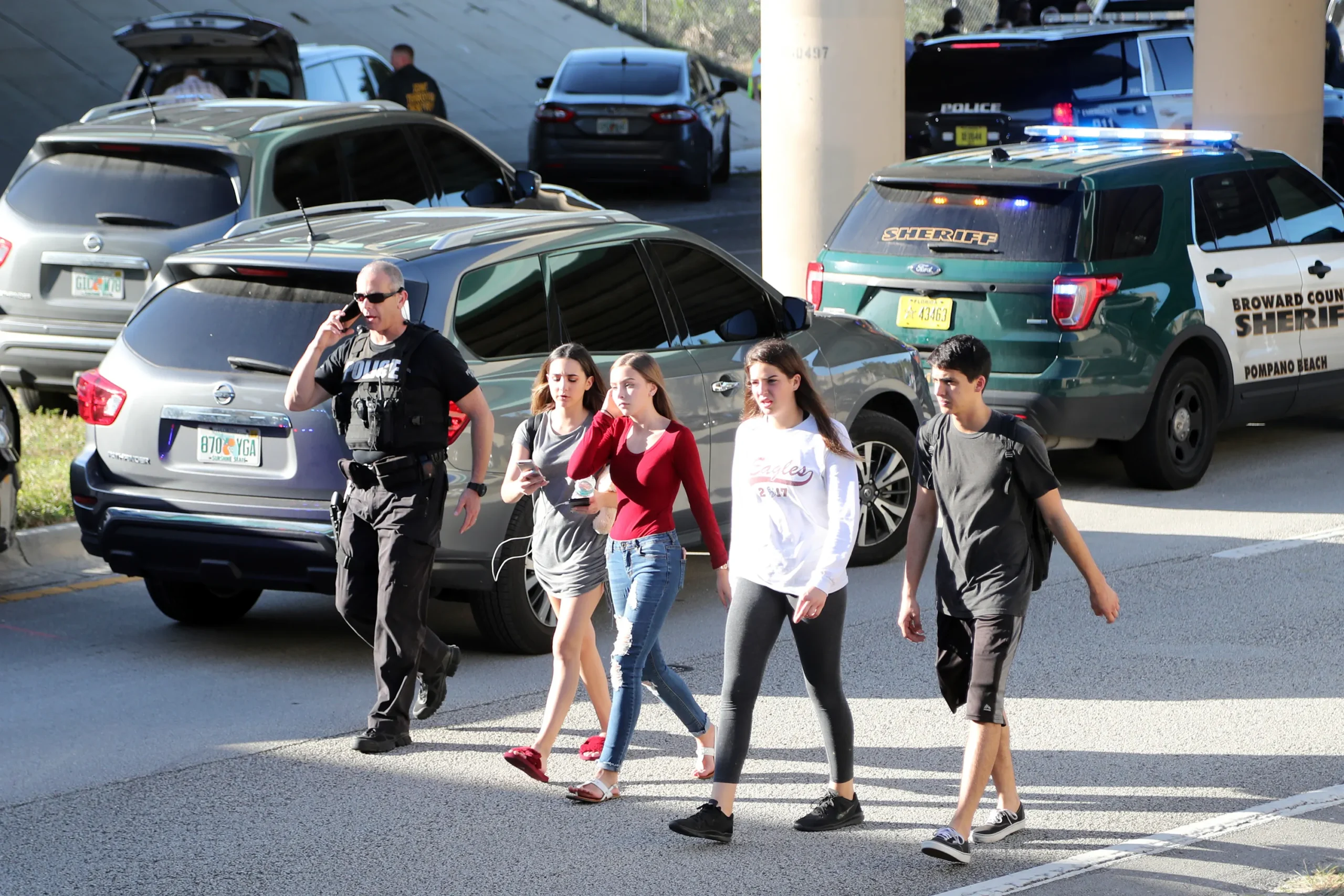In recent years, the impact of social media on shaping public opinion and perception has become increasingly evident, especially in the wake of tragic events such as the Florida shootings. This article aims to explore the intricate relationship between social media and the public’s perception of such incidents, examining how these platforms can influence and mold the narratives surrounding these events.
The Evolution of News Consumption
In recent years, news consumption has undergone a profound transformation. Traditional print media has given way to digital platforms, allowing instant global access. Social media now plays a pivotal role, in shaping narratives and influencing public opinion. The 24/7 news cycle has intensified, demanding constant updates and real-time reporting. With the rise of personalized news algorithms, individuals curate their information streams, creating echo chambers and challenging the notion of objective reporting.
Traditional Media vs. Social Media
Traditionally, news dissemination was primarily the realm of established media outlets such as newspapers, television, and radio. However, the advent of social media has transformed the landscape, empowering individuals to become both consumers and producers of news content. The Florida shootings, like many other tragic events, unfolded in real-time on platforms like Twitter and Facebook, allowing users to access information instantaneously.
Speed of Information and Virality
One of the most significant impacts of social media on public perception is the speed at which information spreads. In the case of the Florida shootings, eyewitness accounts, photos, and videos circulated rapidly, reaching a global audience within minutes. The viral nature of social media content can contribute to the formation of immediate and often emotionally charged public opinions.
Social Media as a News Source
Social media has become a pervasive news source, offering real-time updates and diverse perspectives. However, its reliability and credibility remain debated.
Citizen Journalism
The rise of citizen journalism on platforms like Instagram and Snapchat has blurred the lines between professional reporting and user-generated content. Eyewitnesses to the Florida shootings shared their experiences through these channels, offering a more personal and unfiltered perspective. This shift has both positive and negative implications for the accuracy and reliability of information circulating on social media.
Filter Bubbles and Echo Chambers
While social media allows for a diverse range of voices to be heard, it also has the potential to create filter bubbles and echo chambers. Users often follow and engage with like-minded individuals, reinforcing existing beliefs and biases. This phenomenon can significantly impact the way information related to the Florida shootings is interpreted and shared within specific online communities.
The Influence of Social Media on Public Opinion
The pervasive reach of social media significantly shapes public opinion, molding perspectives through the rapid dissemination of information, fostering dialogue, and amplifying voices.
Emotional Amplification
Social media has a unique ability to amplify emotions. The immediacy of real-time updates, coupled with the visceral nature of images and videos, can evoke strong emotional responses from the public. In the aftermath of the Florida shootings, social media became a platform for collective mourning, anger, and calls for action, shaping public sentiment in profound ways.
Agenda Setting and Framing
The agenda-setting theory suggests that media outlets, including social media, play a crucial role in determining which issues gain prominence in public discourse. The framing of content also impacts how events are perceived. Examining how the Florida shootings were framed on social media sheds light on the narratives that gained traction and the aspects of the incident that captured the public’s attention.
Challenges and Ethical Considerations
In navigating technological advancements, challenges arise in ensuring ethical practices, data privacy, and mitigating biases, necessitating vigilant oversight and adaptation.
Spread of Misinformation
The rapid dissemination of information on social media comes with the risk of misinformation. False narratives, conspiracy theories, and inaccurate information can spread unchecked, contributing to the distortion of public perception. Addressing the challenge of misinformation is crucial in ensuring that the public is well-informed and equipped to form accurate opinions.
Privacy and Sensationalism
The ethical considerations surrounding the use of social media in reporting tragic events like the Florida shootings cannot be understated. The line between responsible reporting and sensationalism can be thin, with the potential to infringe on the privacy of victims and their families. Balancing the need for information with respect for individuals affected by such events poses a significant ethical dilemma.
Social Media’s Role in Advocacy and Activism
Social media has become a powerful tool for advocacy and activism, enabling global connectivity, amplifying voices, and fostering social change.
Mobilizing Support and Awareness
Beyond shaping public perception, social media serves as a powerful tool for advocacy and activism. The Florida shootings prompted widespread discussions on gun control, mental health, and school safety. Social media campaigns, hashtags, and online movements played a pivotal role in mobilizing support, raising awareness, and fostering conversations about these critical issues.
The Role of Influencers and Celebrities
Influencers and celebrities on social media platforms often wield significant influence over their followers. The Florida shootings saw an outpouring of support and calls to action from high-profile figures, further amplifying the reach and impact of advocacy efforts. However, the involvement of influencers also raises questions about the authenticity and motivations behind such expressions of support.
Final Thoughts
The interplay between social media and the public’s perception of tragic events like the Florida shootings is complex and multifaceted. While social media provides a platform for real-time information sharing, citizen journalism, and advocacy, it also presents challenges related to misinformation, privacy, and ethical considerations. As we navigate this evolving landscape, it is essential to critically examine the role of social media in shaping public opinion, recognizing both its potential and its pitfalls. By doing so, we can work towards harnessing the positive aspects of social media while mitigating its negative impacts on the collective understanding of events that shape our society.




